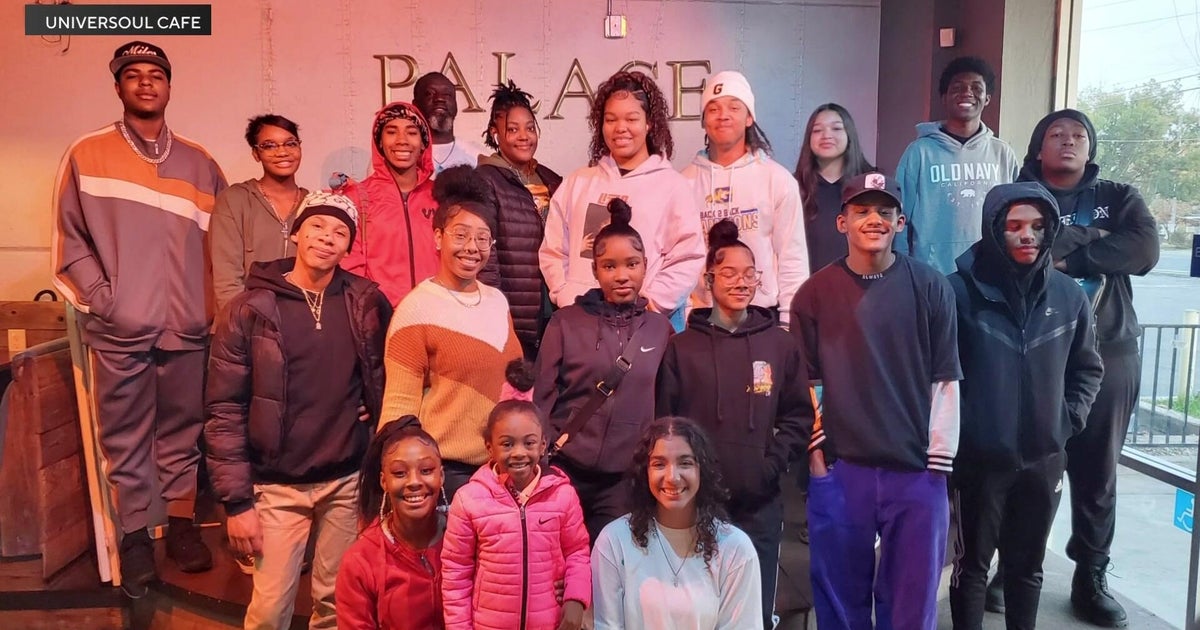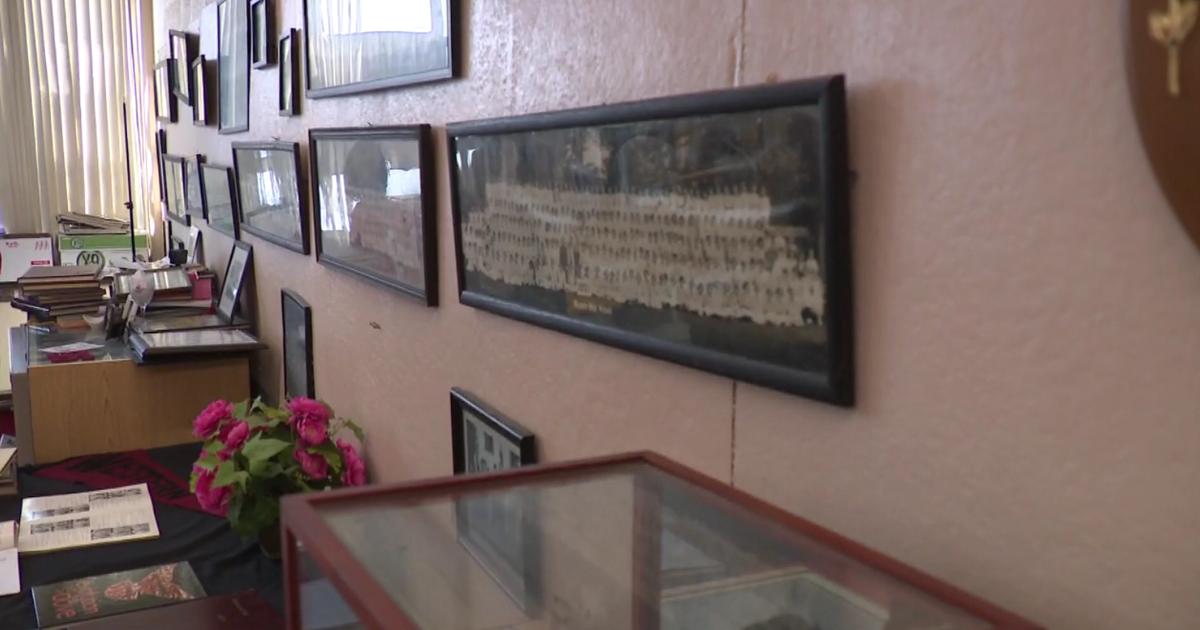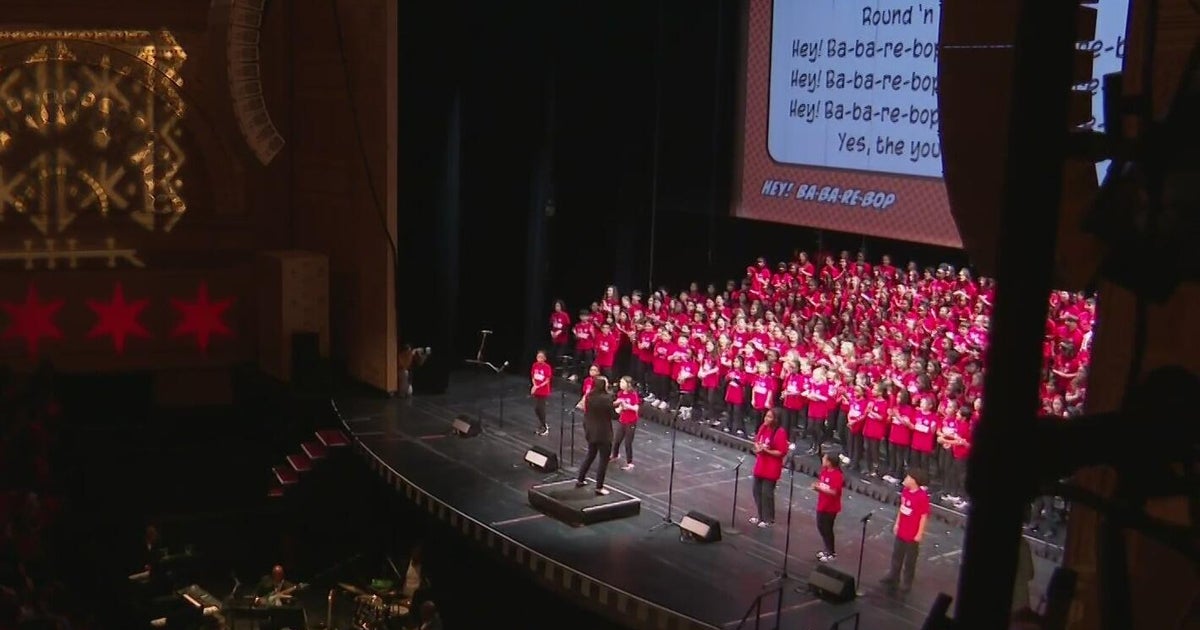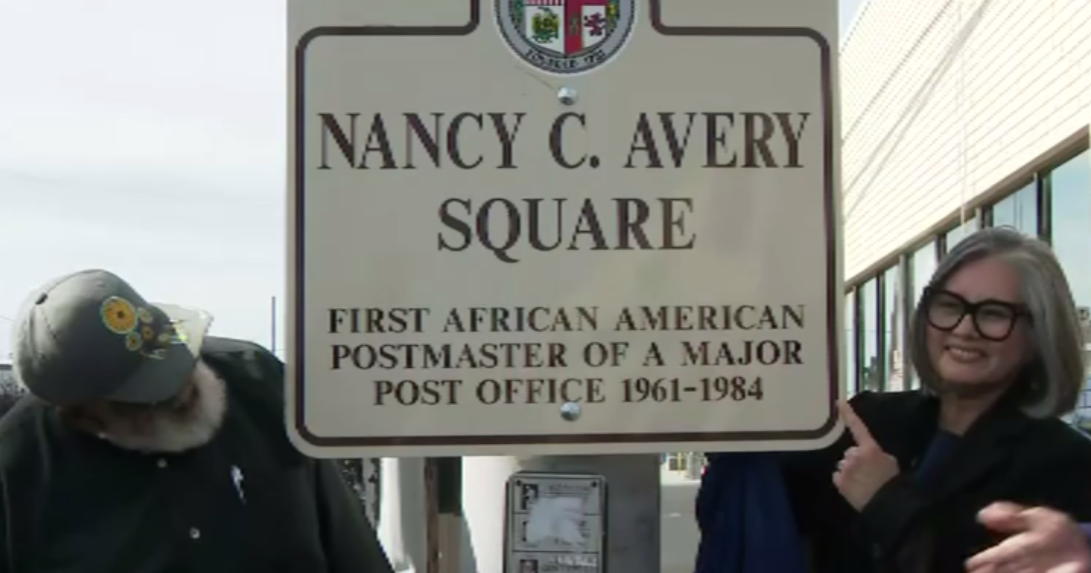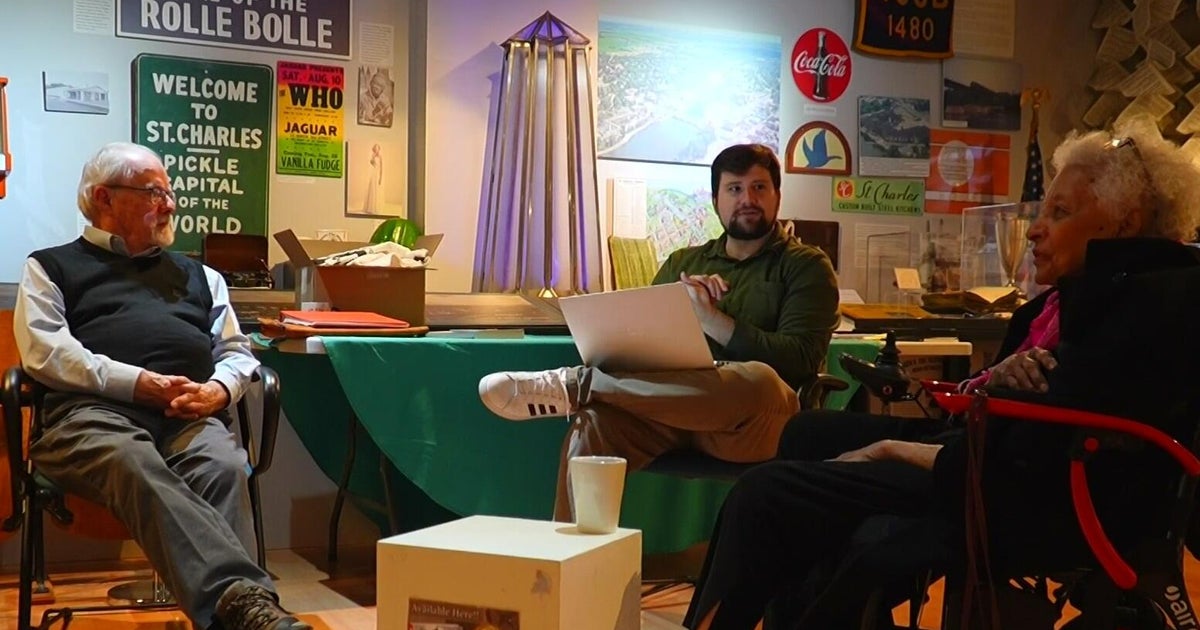Honoring Black Bottom history in Detroit
(CBS DETROIT) - "It was like a Black cultural center," said Marcia Black, director of the Black Bottom Archives, a project sponsored by the Allied Media Projects.
Beaubian, Beacon, St. Antoine; bustling parts of Detroit, that once looked very different.
"When we're thinking of the foundation of what culture is, it's usually music, and history, and community, and food… and Black Bottom provided a place for Black people to get those needs met," said Black.
An area now known as a hotspot for entertainment in Detroit, was once one of the only areas in the city that Black people were able to call home.
Black Bottom and Paradise Valley was like a city of its own within Detroit.
"We do not know enough about Black Bottom and I think that's one of the reasons the Black Bottom Archives exists," said Lex Draper Garcia Bey, program coordinator for Black Bottom Archive.
Black and Bey work with the Black Bottom Archive. It's a project trying to research the history of an area without much documentation or witnesses who are still living.
"An entire neighborhood was lost. Not just the houses or the businesses, the richness of the history happening at that time," said Bey.
Lost to urban renewal. In the 50s and 60s, Black Bottom was wiped out to make way for the Chrysler Freeway and Lafayette Park. So far, only pictures taken by developers remain, and those were found accidentally in a request for property records. They now serve as the foundation for the Black Bottom Archive.
"When you look at our pictures like they're beautiful, but they have a malicious intent behind them," said Bey.
The Detroit Historical Society says Black families were told to vacate the area in 30 days, many businesses, schools, restaurants, and stores closed shortly after and just like that, it's like it never existed. Something these ladies, don't want to see happen again.
"It's really important to maintain the integrity of our history," said Bey.
"I think it's important for Black specifically to know that they made significant contributions to the history of Detroit," said Black.
"Just to keep us grounded in who we are, where we are from, and where we're able to go," said Bey.
For now, the women continue to search and document all that they can, to highlight an area – that didn't leave much behind.
To learn more about the project, see the photos, or share your related history, visit the Black Bottom Archives.

